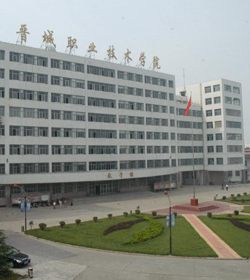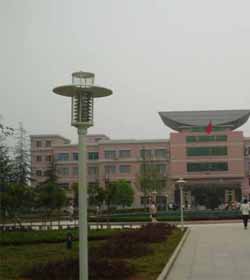2016年12月英语六级考试阅读练习及答案(二)
2016-07-05 10:10:03am
Opinion polls are now beginning to show that,whoever is to blame and whatever happens from now on,high unemployment is probably here to say.This means we shall have to find ways of sharing the available employment more widely.
But we need to go further. We must ask some fundamental questions about the future work. Should we continue to treat employment as the norm? Should we not rather encourage many ways for self-respecting people to work? Should we not create conditions in which many of us can work for ourselves, rather than for an employer? Should we not aim to revive the household and the neighborhood, as well as the factory and the office, as centers of production and work?
The industrial age has been the only period of human history in which most people’s work has taken the form of jobs. The industrial age may now becoming to an end, and some of the changes in work patterns which it brought may have to be reversed. This seems a daunting thought. But, in fact, it could offer the prospect of a better future for work. Universal employment, as its history shows, has not meant economic freedom.
Employment became widespread when the enclosures of the 17th and 18th centuries made many people dependent on paid work by depriving them of the use of the land, and thus of the means to provide a living for themselves. Then the factory system destroyed the cottage industries and removed work from people’s homes. Later, as transport improved first by rail and then by road, people commuted longer distances to their places of employment until, eventually, many people’s work lost all connection with their home lives and the places in which they live.
Meanwhile, employment put women at a disadvantage. In preindustrial times, men and women had shared the productive work of the household and village community. Now it became customary for the husband to go out to paid employment, leaving the unpaid work of the home and families to his wife. Tax and benefit regulations still assume this norm today, and restrict more flexible sharing of work roles between the sexes.
It was not only women whose work status suffered. As employment became the dominant form of work, young people and old people were excluded—a problem now, as more teenagers become frustrated at school and more retired people want to live active lives.
All this may now have to change.
The time has certainly come to switch some effort and resources away from the idealist goal creating jobs for all, to the urgent practical task of helping many people to manage without full-time jobs.
21.What is the main idea of the passage?
A) Employment became widespread in the 17th and 18th centuries.
B) Unemployment will remain a major problem for industrialized nations.
C) The industrial age may now be coming to an end.
D) Some efforts and resources should be devoted to helping more people cope with the problem of unemployment.
22.Which of the following was NOT mentioned as a factor contributing to the spread of employment?
A) The enclosures of the 17th and 18th centuries.
B) The development of factories.
C) Relief from housework on the part of women.
D) Development of modern means of transportation.
23.It can be inferred from the passage that____.
A) most people who have been polled believe that the problem of unemployment may not be solved within a short period of time
B) many farmers lost their land when new railways and factories were being constructed
C) in preindustrial societies housework and community service were mainly carried out by women
D) some of the changes in work pattern that the industrial age brought have been reversed
24.What does the word daunting in the third paragraph mean?
A) Shocking B) Interesting C) Confusing D) Stimulating
25.Which of the following is NOT suggested as a possible means to cope with the current situation?
A) Create situations in which people work for themselves.
B) Treat employment as the norm.
C) Endeavor to revive the household and the neighborhood as centers of production.
D) Encourage people to work in circumstances other than normal working conditions.
答案:DCAAB
以上就是查字典大学网为同学们带来的“2016年12月英语六级考试阅读练习及答案(二)”内容了,希望看完能够带给大家一些力量,对同学的生活有所启示,更多内容在这里,请继续关注我们。



